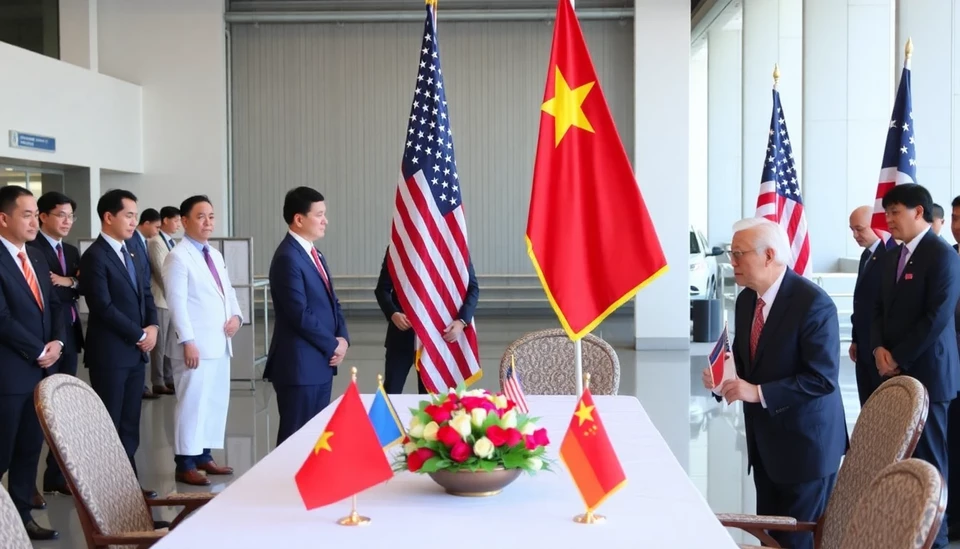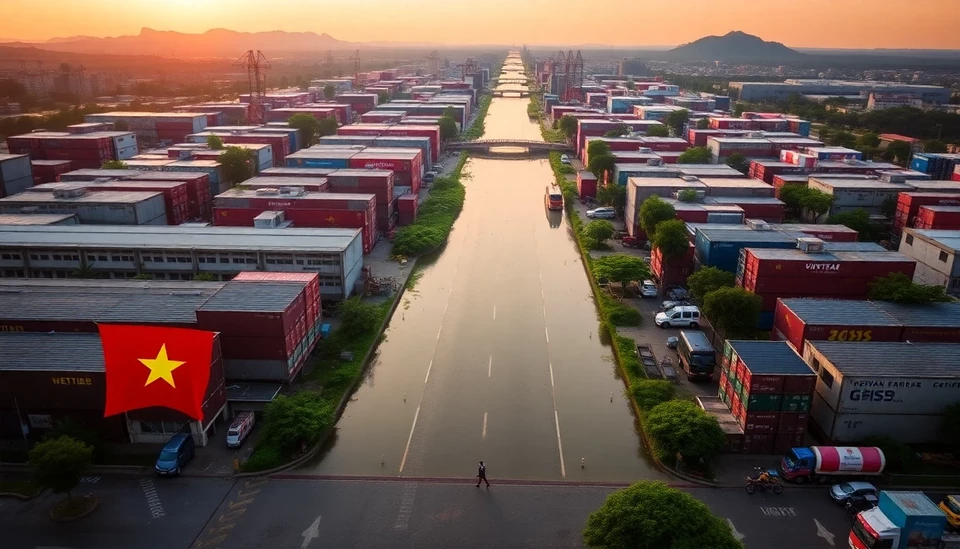
In a significant regulatory shift, Vietnam has announced an increase in the permissible foreign ownership limit in certain domestic banks from 30% to 49%. This decision, which comes amid ongoing efforts to attract foreign investment, is expected to enhance the capital base of these financial institutions and foster competitive practices within the banking sector.
The adjustment was formally communicated via a statement from the State Bank of Vietnam and comes as part of broader reforms aimed at revitalizing the nation's economy and bolstering the financial landscape amid the post-pandemic recovery phase. This policy will likely allow foreign investors greater influence and participation in the governance and operational strategies of key Vietnamese banks.
Currently, Vietnam's banking system has faced challenges with non-performing loans and the need for increased capitalization. By allowing foreign stakeholders to hold larger stakes, local banks may gain access to vital financial resources and expertise that can help mitigate these issues. Industry analysts suggest that this move is strategic, allowing access to new technologies and best practices that can upgrade the overall efficiency of the banking sector.
Representatives from the State Bank indicated that the specific parameters for this increased foreign ownership will be carefully structured to ensure a balance between local control and foreign infusion of capital. This is particularly crucial for maintaining operational integrity and focusing on the needs of domestic consumers and businesses.
The banking sector is a cornerstone of Vietnam’s economic framework, and this decision may catalyze a broader wave of investments. It is anticipated that increased foreign engagement will not only deliver funding but also drive upgrades in risk management and operational practices in local banks, thus improving their resilience against market volatility.
This move has garnered attention from foreign investors, many of whom have been waiting for a more favorable environment to place their money into Vietnam's rapidly evolving economy. With the burgeoning middle-class population and a growing demand for banking services, the landscape is ripe for investment and innovation.
As Vietnam continues to position itself as a significant player in Southeast Asia, this policy shift could play a pivotal role in redefining the nation's financial sector and its integration into the global economy. The authorities are optimistic that by creating a more accessible and competitive banking environment, the country will not only stimulate investment but also enhance overall economic growth.
In summary, Vietnam's decision to increase the foreign ownership limit in domestic banks demonstrates its commitment to an open, competitive banking environment that encourages foreign investment while ensuring that the domestic banking system remains robust and functional. Stakeholders from both domestic and international markets will be closely monitoring the impacts of this move in the coming months.
#Vietnam #BankingSector #ForeignInvestment #EconomicGrowth #FinancialReform #AsiaEconomy #BankOwnershipLimits #InvestmentOpportunities
Author: Samuel Brooks




